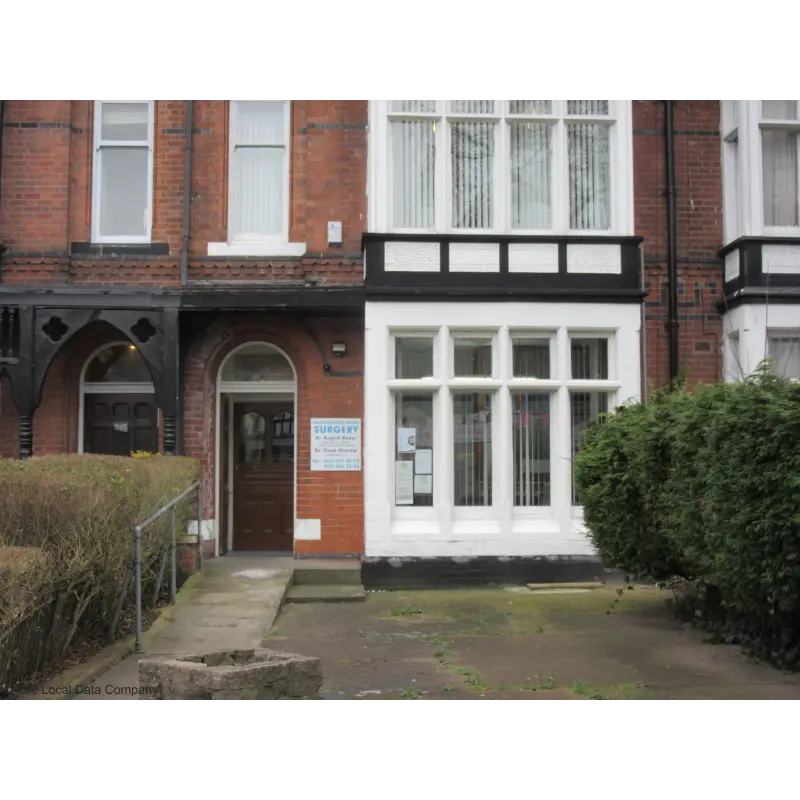DCR
The Patient Online programme includes offering patients access to their detailed coded records online. However there are exceptions to this. GP practices will have a policy in place and ask you to apply for access to your detailed coded record and the practice will carry out some checks before granting access.
A detailed coded record can contain information, such as;
- demographics
- equality and diversity
- allergies/adverse reactions
- results (numerical values and normal range)
- immunisations
- Medication (dose, quantity and last issued date)
- Other codes; diagnoses, referrals made and procedures – medical or surgical
This varies and tends to be dependent on the clinical system used by your practice.
For more information visit the The NHS Website GP online services web page where you can find links to related leaflets.
Your NHS Number
Your NHS Number – Your healthcare, your record, your number
 Everyone registered with the NHS in England and Wales has their own unique number. Your NHS Number helps healthcare staff to find your health records.
Everyone registered with the NHS in England and Wales has their own unique number. Your NHS Number helps healthcare staff to find your health records.
Keep a record of your NHS Number safe.
You may have an old medical card, with the old-style NHS Number made up of both letters and numbers. This is replaced, for all patients, by a new NHS Number made up entirely of numbers (in a 3-3-4 format). You will need proof of ID (such as a driving licence or passport) to retrieve your NHS Number from us. Please ask at reception.
Summary Care Records (SCRs)
 The NHS is changing how patient information is stored and shared in England, to provide better care for patients. SCRs provide healthcare staff treating patients in an emergency or out-of-hours with faster access to key clinical information.
The NHS is changing how patient information is stored and shared in England, to provide better care for patients. SCRs provide healthcare staff treating patients in an emergency or out-of-hours with faster access to key clinical information.
The Summary Care Record is a copy of key information from your GP record. It provides authorised healthcare staff with faster, secure access to essential information about you when you need unplanned care or when your GP practice is closed.
Summary Care Records improve the safety and quality of your care.
Read more about SCR on NHS Digital and sharing your records on NHS Choices.
Online Medical Record Summary
View a summary of your medical record
This is an online service offered to patients in our practice and is different to the Summary Care Record information detailed below.
With an online account you can view a summary of your medical record online.
Please get in touch with our reception staff to create an account to access online services.
Once you have an account please follow this link.
How your medical records are used to help you
- Assisting with the teaching and training of health care professionals (but you can choose whether or not to be involved personally)
- Assisting with health research, (if you need to be personally involved with the research, you will be contacted to see if you are willing to participate. You will not be identified without your agreement).
Keeping your records confidential
Your doctors their staff and everyone else working for the NHS have a legal duty to maintain the highest level of confidentiality about patient information and comply fully with the new General Data Protection Regulation (GDPR).
In some instances you may be receiving care from other people as well as the NHS therefore we may need to share information about you with them, so that we can all work together for your benefit. Anyone who receives confidential information about you from us is also under legal duty of confidence. Unless there are exceptional circumstances, for example, when the health or safety of others is at risk, we will not disclose your information to the third parties without your permission.
Access to Medical Records
The Data Protection Act 1998 and General Data Protection Regulations 2018 specifies that individuals have the right to access information about themselves including medical records either in electronic or paper format. This is known as the “right of subject access”. There are some exceptions to this ruling:
- Access may be refused if healthcare professionals believe the information in the records is likely to cause serious harm to the patient or another person;
- Details about third parties (information which may identify someone else, unless that person gives permission) might be removed from the records.
- If applying for access on behalf of someone else, written consent or a power of attorney is required.
Electronic Data Sharing Model
The NHS usually shares the information from your records through fax, email, phone or post. This may sometimes cause a delay in the treatment you receive.
Brandon Surgery Dr R Kapur & Partner uses a secure computer system called SystmOne which allows the share of full electronic records across a range of NHS care services. This patient record sharing system will allow patients to decide whether they would like their information to be shared from the surgery this is called sharing out or from the other services this is called sharing in.
